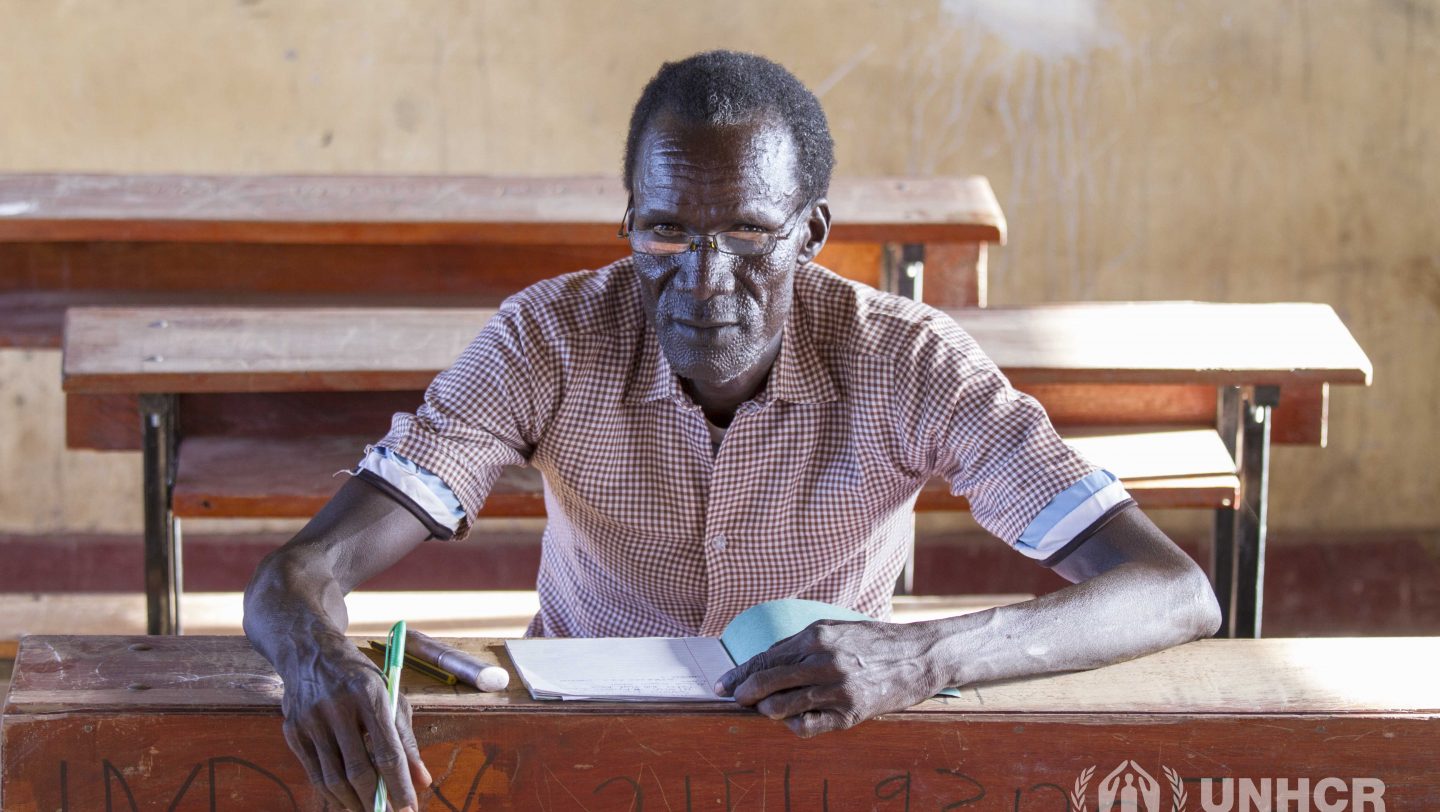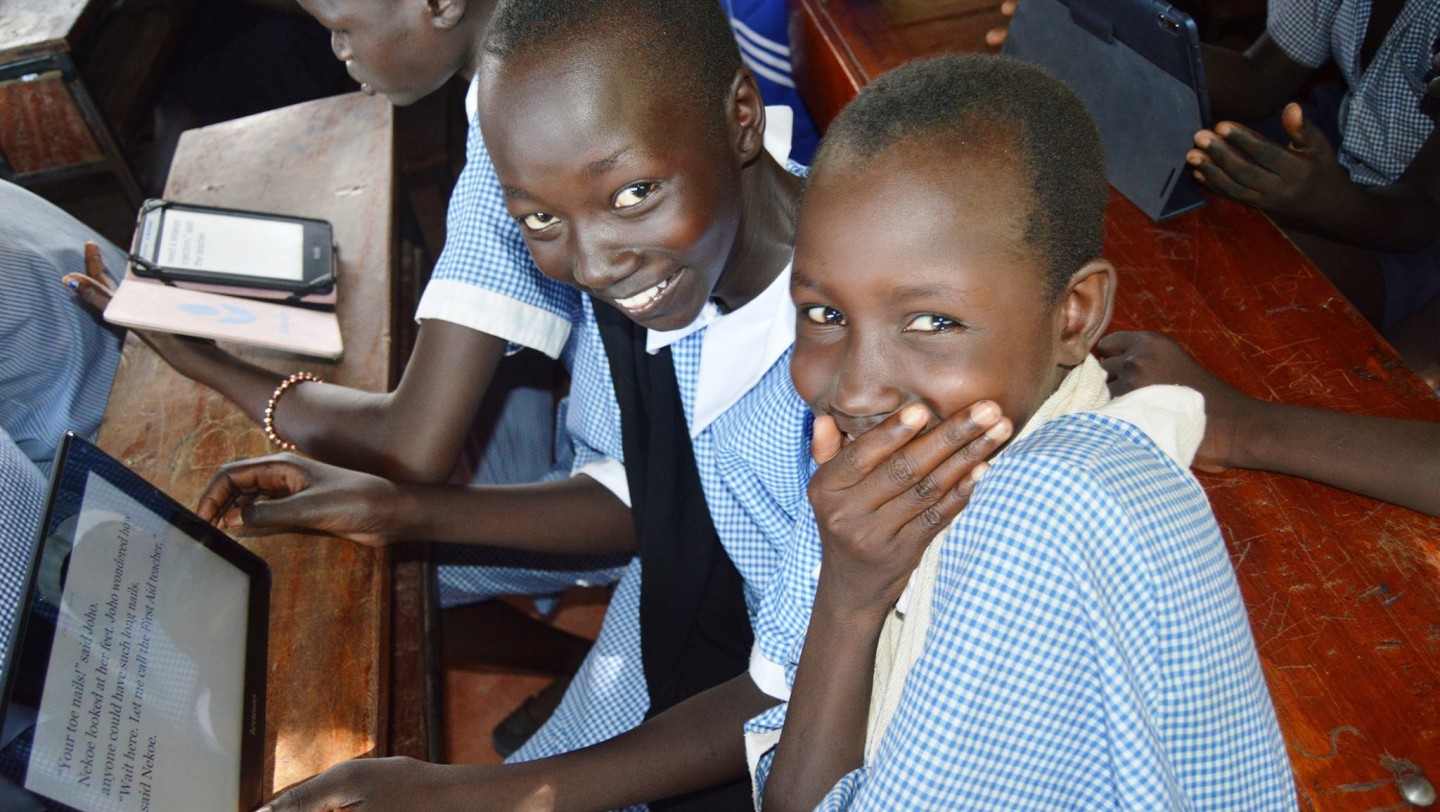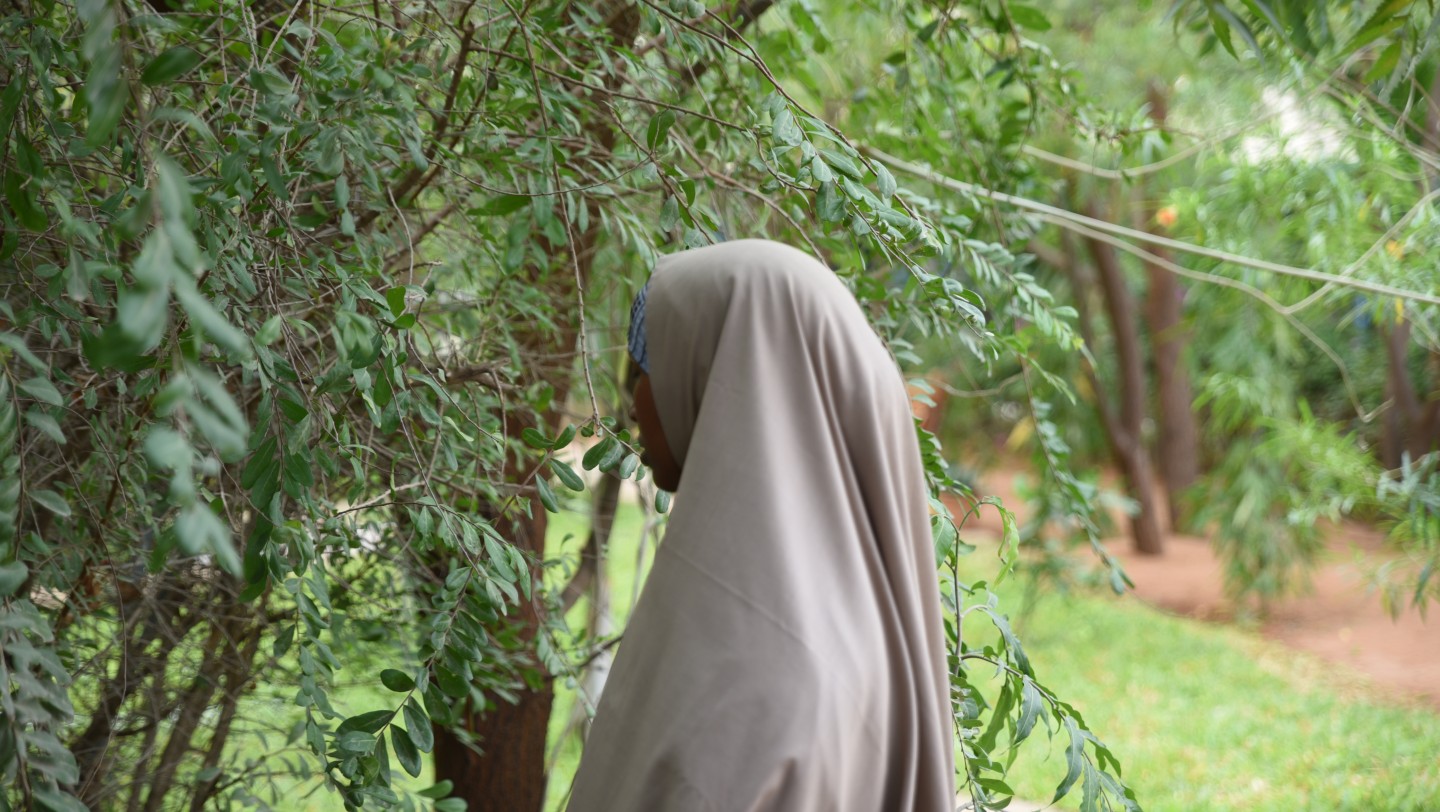Education
Education unit lobbies for inclusion of refugee students in the mainstream education of the country.
Education unit lobbies for inclusion of refugee students in the mainstream education of the country. The unit ensures enrollment, retention, completion and protection of refugee children and youths in various institutions of learning. The unit conducts sensitization sessions in schools and institutions of higher learning to build capacities for refugee children and youth participation in learning without discrimination.
Camp-based educational institutions are supported to accommodate the bulk of the refugee children and youth. 164,236 children are enrolled in 46 Early Childhood Development Education (ECDE) centers, 57 primary schools and 11 secondary schools in Kakuma and Dadaab refugee camps. Approximately 6,800 children are integrated in the Kenyan schools mainly in the urban centers for ECDE, primary and secondary education.
Education partners have employed innovative approaches to the delivery of tertiary education through improving access without compromising on quality. Post-secondary education is provided through vocational skills in Kakuma (1 centre) and Dadaab (4 centres) to about 1200 youths. E-learning is offered in Kakuma through Jesuits Commons Higher Education at the Margins (JC:HEM) and Strathmore University. In Kakuma, Masinde Muliro University of Science and Technology has been conducting diploma teacher training sessions to build the pedagogical competencies of the refugee teachers who form the bulk of the teaching workforce. Since the inception of the programme in 2010, over 250 teachers have been trained. The flexi training schedule has ensured that teachers continue to teach while improving their content mastery and delivery and skills.
In a new partnership with Strathmore University, refugee students in Kakuma will access tertiary education, specifically in the area of business and professional courses such as the Certified Public Accounting (CPA) training for which the institution is internationally acclaimed. The Strathmore University Education project shall commence by initially supporting 30 students from Kakuma refugee camp in certified public accounting.
In Dadaab, Borderless Higher Education for Refugees (BHER) delivers university level education in situ, through a mixture of both online and face-to-face interaction between the students and academic institutions drawn from Kenya and Canada. Windle Trust Kenya has been part of this initiative since inception and the lessons learnt in the last couple of years have revealed that, through the embracing of technology and delivery of university level education within the camps, more students are able to benefit because of reduced costs attributable to reduction in student allowance costs and tuition fees. Various institutions are also able to come together to pool their diverse areas of expertise and courses for the benefit of the students. BHER has provided blended E-learning to over 600 learners since inception in 2013.
The unit forges good working relations with Ministry of Education, Science and Technology, County Education Department and education partners through consultative fora and educational management engagements. Education for refugee children and young people is a critical aspect of UNHCR’s international protection mandate. Education also contributes to long-term solutions for refugees, ensuring that displaced generations are equipped to rebuild their lives and communities – either in the country of asylum, upon their return home or on resettlement to another country. UNHCR partners with the following partners to provide education in the camps and in urban centers; Lutheran World Federation (LWF), Windle Trust Kenya (WTK), Islamic Relief Kenya (IRK), CARE, Norwegian Refugee Council (NRC), Don Bosco, Jesuit Refugee Service (JRS), Xavier Project and Danish Refugee Council (DRC) among others.
Education still remains one of the most pressing unmet needs in Kenya refugee camps. An estimated 1,000 students graduate from the 11 secondary schools supported by UNHCR in both Dadaab and Kakuma refugee camps each year.



